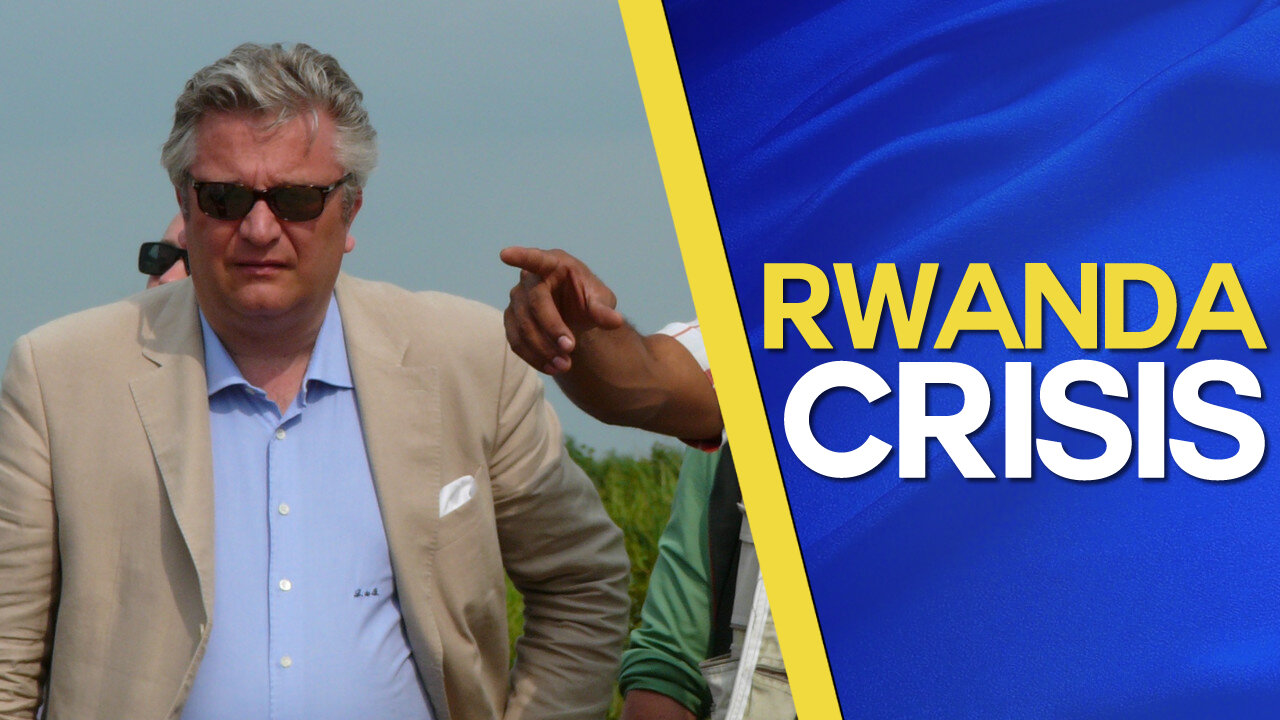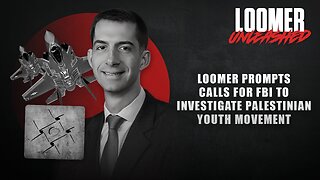Premium Only Content

Prince Laurent's Historic 1994 Visit to the Eastern Zaire Disaster Area
In the summer of 1994, amidst the smoldering ruins of the Rwandan genocide, Prince Laurent of Belgium crossed the border into East Zaire, a region then ravaged by a complex humanitarian crisis. His visit to this battered landscape was steeped in significance, an attempt to offer a reassuring pat on the back to aid workers persevering there and to shine a hard-won spotlight on the dire conditions on the ground.
The year 1994 had cast a shadow over the region, with Rwanda serving as the backdrop to a bloodbath that jolted the international community. The aftermath of the genocide set in motion a wave of refugees, a mix of victims and Hutu extremists entangled in the darkness of their deeds. Their journey led them to East Zaire, where camps swelled with desperate souls, and the earth trembled under the weight of deprivation and conflict.
Prince Laurent's visit to these lands of shadows and need wasn't a mere cosmetic display. It was a tangible gesture of solidarity with aid workers and organizations risking their lives to bring a glimmer of hope to a grim reality. It was a signal, an international alarm bell ringing to remind the world that humanity bears a responsibility for its fellow beings, regardless of distance.
Yet, in the realm of international relations, solidarity often comes with political shadows. Prince Laurent's visit stirred debates. Some perceived political maneuvers in his presence, while others saw it as a powerful gesture of compassion. This highlighted the delicate balance between humanitarian care and geopolitical considerations, a subtle game where good intentions can sometimes be complicated by intricate realities.
As Prince Laurent left his footprints in the dusty landscape of East Zaire, he brought not only hope to those braving despair but also underscored the necessity of humanity, of extending a helping hand amidst chaos. The controversy and critique surrounding his visit underscore the weighty burden of such missions in a world where politics and humanitarian efforts are inherently intertwined.
-
 54:52
54:52
Belgian Congo
5 months agoInterview avec Monsieur Philippe Makasi Bondo: Voir un Congo nouveau, prospère, sécurisé et soutenu
481 -
 2:16:36
2:16:36
Side Scrollers Podcast
17 hours agoStreamer KICKED OUT of Renaissance Fair for Misgendering + Spiderman MELTDOWN | Side Scrollers Live
35.9K7 -
 12:29
12:29
The Pascal Show
1 day ago $0.65 earnedLOCKED IN A DUNGEON?! Parents Arrested After 5 Children Found In 'Dungeon' At Home
5.68K3 -
 LIVE
LIVE
Lofi Girl
2 years agoSynthwave Radio 🌌 - beats to chill/game to
206 watching -
 3:07:24
3:07:24
FreshandFit
9 hours agoPrivileged Nigerian Thinks Women Created Everything: HEATED DEBATE
141K76 -
 5:57:27
5:57:27
SpartakusLIVE
9 hours agoNEW Update - BROKEN Attachment || Viewers REJOICE at the long-awaited Return of Their KING
74.9K -
 2:06:31
2:06:31
TimcastIRL
9 hours agoTrump To Deploy National Guard To Portland, Antifa Has Been WIPED OUT | Timcast IRL
189K152 -
 2:30:00
2:30:00
Laura Loomer
10 hours agoEP142: Loomer Prompts Calls For FBI To Investigate Palestinian Youth Movement
49.8K19 -
 1:26:34
1:26:34
Man in America
13 hours agoExposing the Cover-Up That Could Collapse Big Medicine: Parasites
56.3K23 -
 4:53:00
4:53:00
CHiLi XDD
9 hours agoTekken Fight Night
30K1